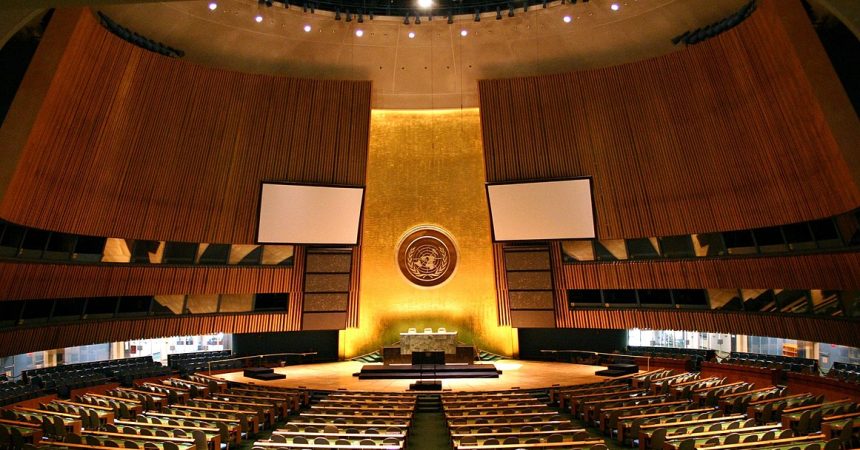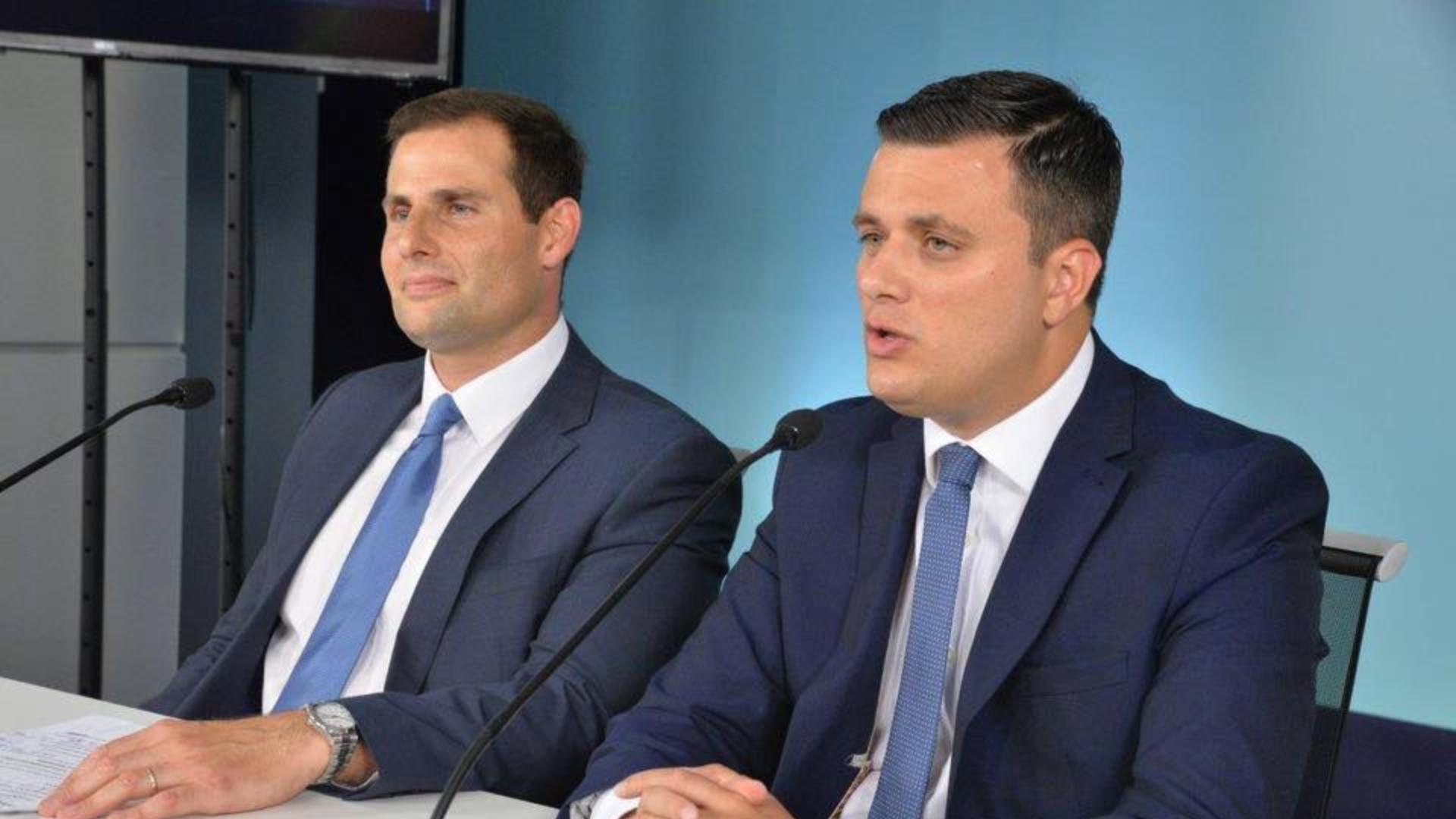Despite the impressive gains made by women, gendered censorship is so pervasive that gender equality in freedom of expression remains a distant goal, according to the latest report by the UN Special Rapporteur on the protection and promotion of the right to freedom of expression, Irene Khan.
The report was presented at the 76th Session of the UN General Assembly and is the first report in the 27 years’ history of the rapporteur mandate that is devoted exclusively to the challenges that women face in exercising their freedom of opinion and expression.
Speaking to the General Assembly Khan described how gender-based violence, hate speech, and disinformation are being used extensively online and offline to chill or kill women’s expression and that States were failing to respect, protect and fulfill women’s equal right to freedom of opinion and expression.
In her report, the Special Rapporteur maps out the key factors that constrain women’s equal right to freedom of expression and analyses the relevant international standards and duties of States and the responsibilities of companies. She also identifies the legal gaps and policy dilemmas and then goes on to make recommendations to States, companies, media, and civil society.
One of the first issues that specifically limit women’s right to freedom of expression is the disproportionate cost women pay for speaking out and although social media platforms have amplified the opportunities for women to express themselves, they have also increased the potential for suppression. In its most extreme form, the cost of speaking out includes acts and threats of physical, sexual, and psychological violence with many cases of online threats escalating to offline physical violence and, referencing Malta, even murder.
The report underscores how women journalists, human rights defenders, politicians, and feminist activists are particularly targeted with physical, psychological violence and threats, including death and rape threats, for speaking out or for simply being a woman in a leadership role. The research further suggests that online gendered disinformation is on the rise. This includes using false or misleading gender and sex-based narratives against women, often with some degree of coordination, in order to deter women from participating in the public sphere.
The Special Rapporteur also emphasizes how in many parts of the world, unequal access to the internet and to information continue to be major impediments to women’s empowerment. Almost half of the world’s women have no access to the internet and in some countries access to gender-related information, is blocked. The information disparities that women encounter are a reflection of the economic, social, political, and cultural inequalities in their everyday lives.
Social media platforms are criticised in the report for not doing nearly enough to counter the rising tide of online gender-based violence, harassment, trolling, and other harmful activity that women encounter online. Moreover, the rules and guidelines established by social media platforms as well as content moderation by algorithms are woefully inadequate. They all reflect the biases and worldviews of the rule-setters, who tend to be from the specific socio-cultural context of Silicon Valley, described in the report as “racially monochromatic and economically elite”.
The special rapporteur’s first recommendation is to make the digital spaces safe for women and that attacks on women journalists require urgent action. States should adopt robust laws, grounded in international human rights standards, and ensure their effective implementation to prohibit, investigate and prosecute online gender-based violence without these efforts used as a pretext by governments to restrict freedom of expression beyond what is permitted under international law.
The recommendations however also caution strongly against the prohibition or criminalization of disinformation saying that it is often counterproductive and misused to silence critics. “Gendered disinformation is best addressed through measures such as fostering diverse and independent media, fact-checking, digital and media literacy, and community-based awareness programs.”
In its recommendations to traditional media, the report stresses that “the safety of female journalists is of paramount importance. In consultation with media organizations and female journalists, States should develop and adopt integrated prevention, protection, monitoring, and response mechanisms for the online and offline safety of female journalists. State officials should publicly condemn any attack on female journalists and should refrain from making statements that could put the women at risk.”
“There can be no trade-off between women’s right to be free from violence and the right to freedom of opinion and expression. Both rights must be equally upheld by States” Khan added in her statement to the General Assembly.
Featured Image by Patrick Gruban












